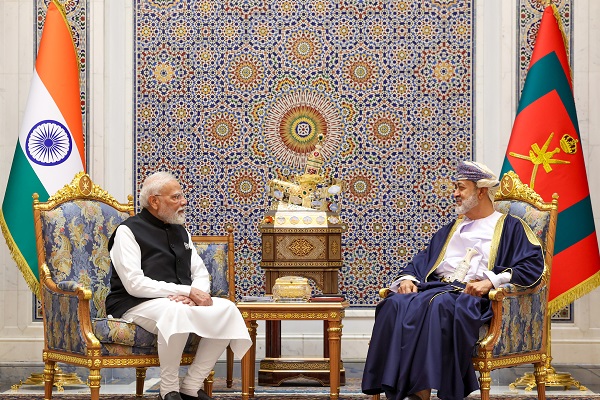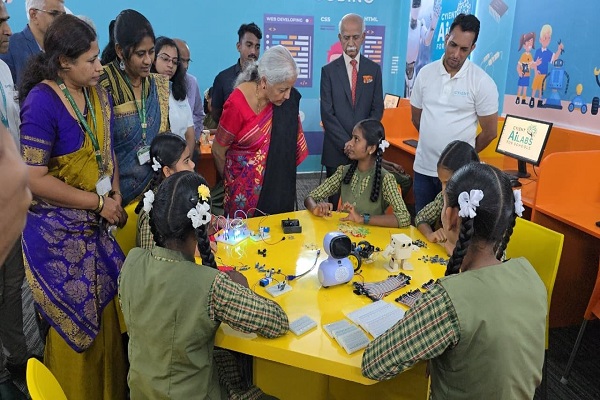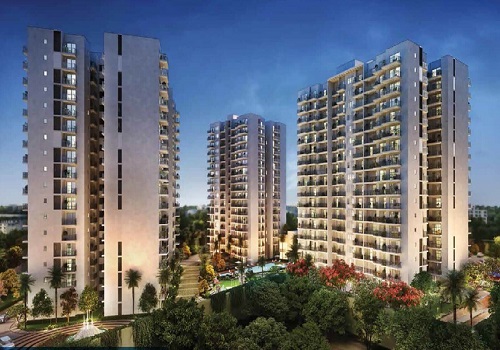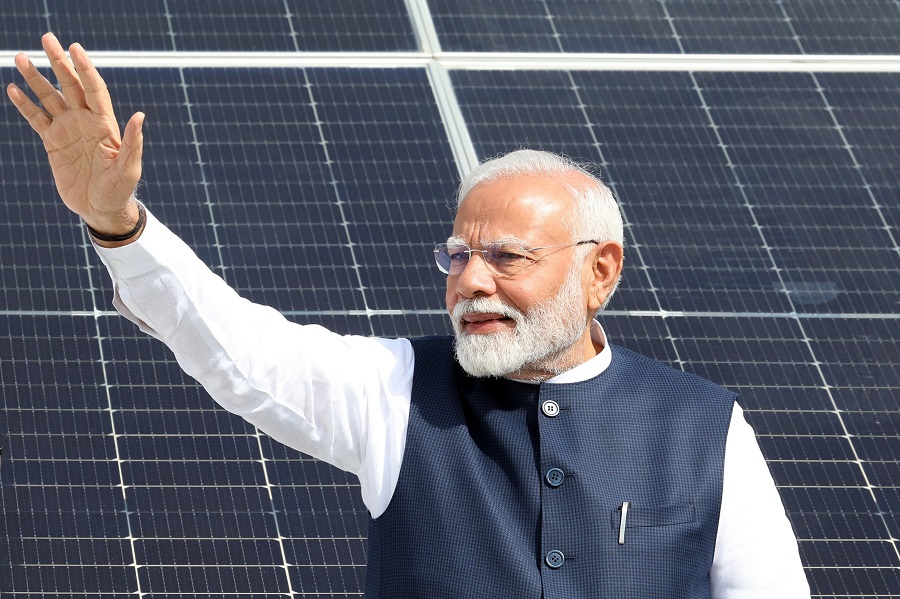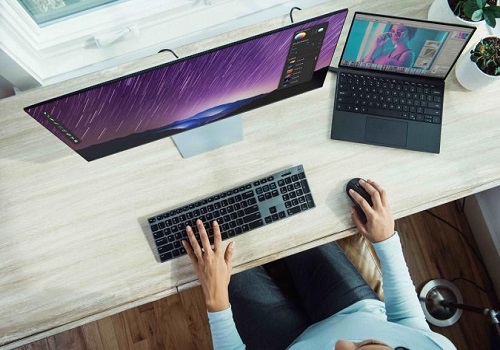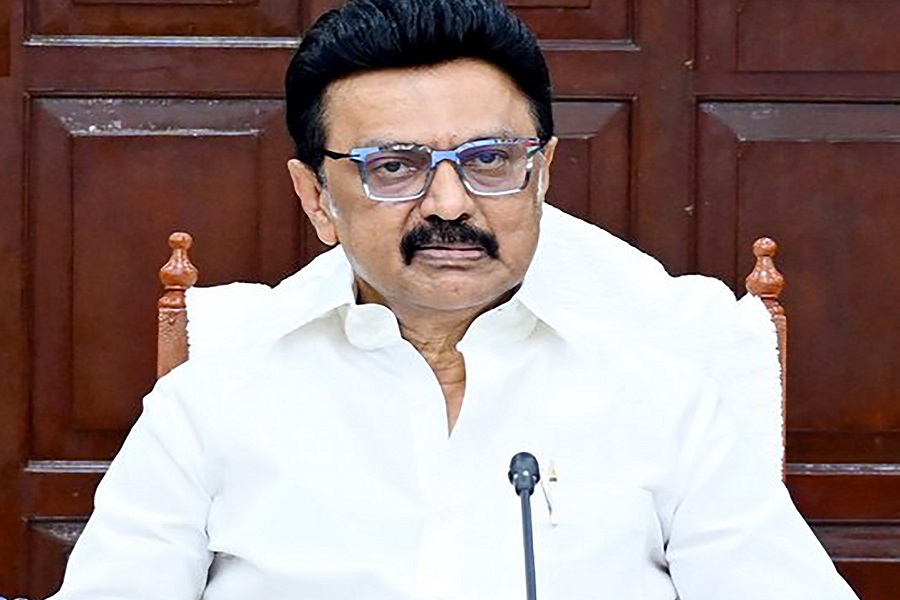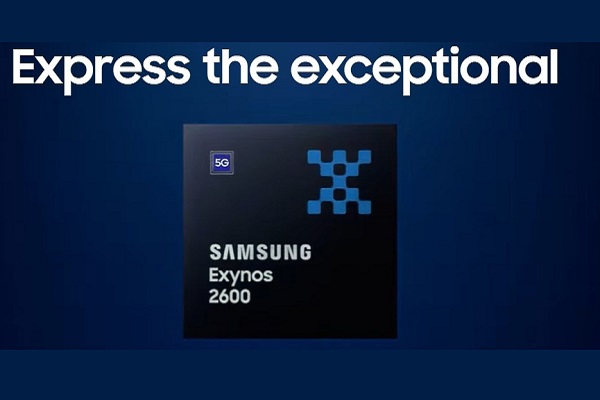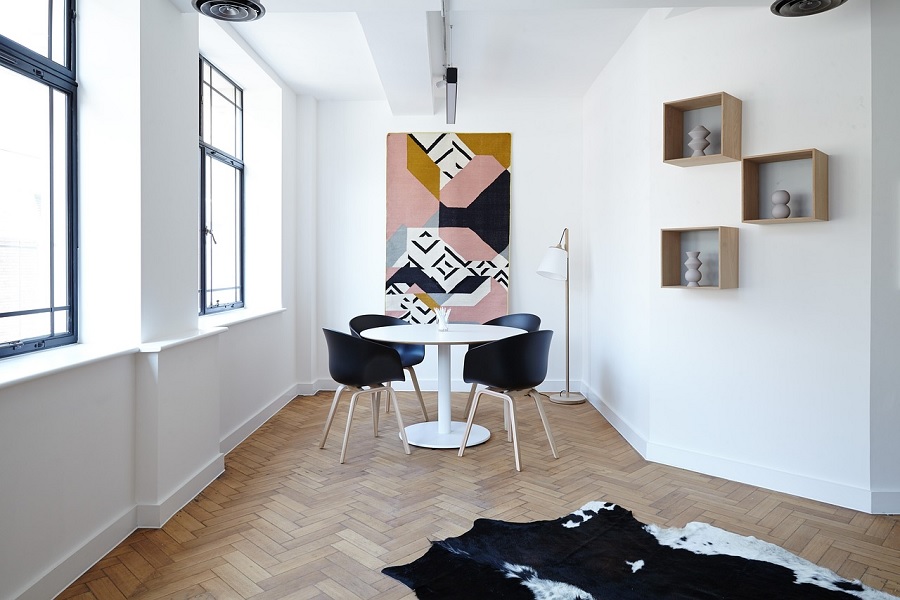Minimalism in a Busy World: How to Simplify Your Life
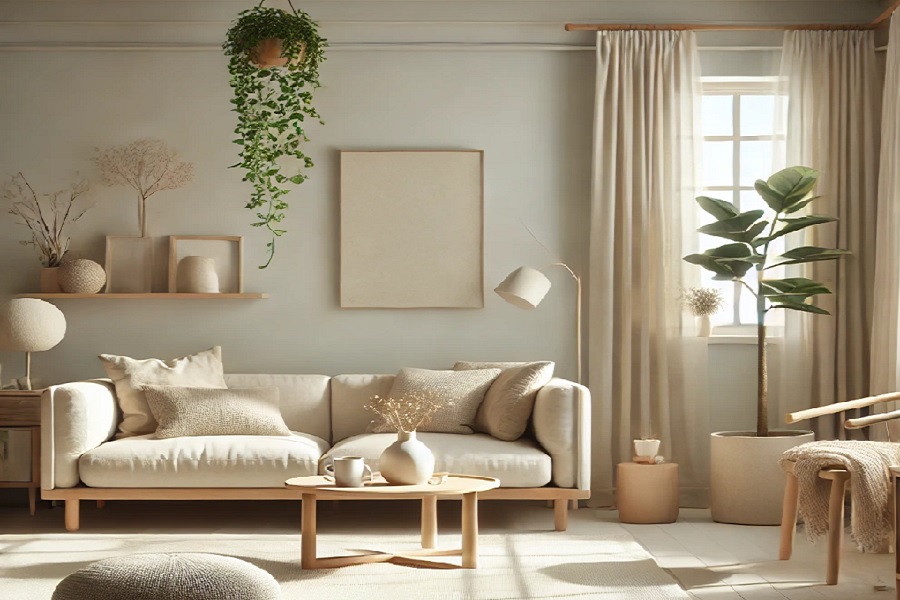
In today’s fast-paced world, where work, social media, and daily responsibilities often pull us in every direction, the concept of minimalism offers a refreshing escape. Minimalism isn’t just about reducing clutter in our homes; it’s about simplifying all areas of our lives—our routines, our possessions, our time, and even our relationships—to focus on what truly matters. In a society overwhelmed by consumerism, digital distractions, and the pressure to always be on the go, adopting a minimalist mindset can provide the clarity and peace we all seek.
The Essence of Minimalism
At its core, minimalism is about prioritizing quality over quantity. It’s about identifying what adds value to your life and letting go of what doesn’t. Minimalism encourages us to stop accumulating things out of habit and to make intentional choices. This philosophy extends far beyond material possessions; it influences the way we organize our time, interactions, and even thoughts. The idea is not to deprive ourselves but to create space—space for creativity, self-reflection, and well-being.
Simplifying Your Space
One of the easiest places to start is by decluttering your living environment. A minimalist home doesn’t mean empty walls and barren rooms, but rather a thoughtfully curated space with only those items that truly add value or joy. Begin by evaluating the items in each room. Do you need every piece of furniture? Is there a way to make the space more functional and less crowded? A minimalist home typically features clean lines, neutral tones, and a focus on functionality. It’s a space where each object has a purpose, and nothing feels overwhelming or chaotic.
Streamlining Your Schedule
Minimalism also applies to how we manage our time. With constant demands on our attention—emails, meetings, social media notifications—it’s easy to feel like we’re always running on a treadmill. By reducing unnecessary tasks and focusing only on what’s important, we create more room for relaxation, creativity, and personal growth. This might mean saying no to activities that drain your energy, setting boundaries with your time, or embracing practices like time-blocking to stay organized and focused.
Digital Detox and Mental Clarity
In a world of endless scrolling and digital noise, it’s essential to take time for a digital detox. A minimalist approach to technology doesn’t mean abandoning it, but using it more consciously. Declutter your digital life by organizing your files, unsubscribing from unnecessary emails, and reducing time spent on social media. By creating more mindful digital habits, you’ll notice a reduction in stress and a clearer headspace.
The Benefits of Minimalism
Adopting minimalism doesn’t mean living a life of deprivation; rather, it’s about living intentionally and with greater purpose. The benefits of minimalism are numerous:
*Reduced Stress: A clutter-free space and streamlined schedule bring a sense of calm.
*Increased Focus: With fewer distractions, you can concentrate on what truly matters.
*Financial Freedom: Minimalism helps reduce impulse buying, leading to better financial health.
*Improved Well-Being: Simplifying your life gives you more time for self-care and pursuing meaningful activities.
Minimalism in Relationships
Minimalism also extends to how we manage relationships. It’s not about cutting people out of our lives, but rather focusing on the relationships that bring us joy and fulfillment. By prioritizing quality over quantity in our social interactions, we create more meaningful connections.
Conclusion
In a world full of distractions, minimalism offers a path to reclaim control and live more purposefully. It’s not about having less, but about making room for what truly enriches your life. By simplifying your space, time, and mental load, you create an environment that fosters creativity, focus, and peace. The beauty of minimalism lies in its ability to help you find clarity in a chaotic world, allowing you to embrace a simpler, more meaningful existence.
